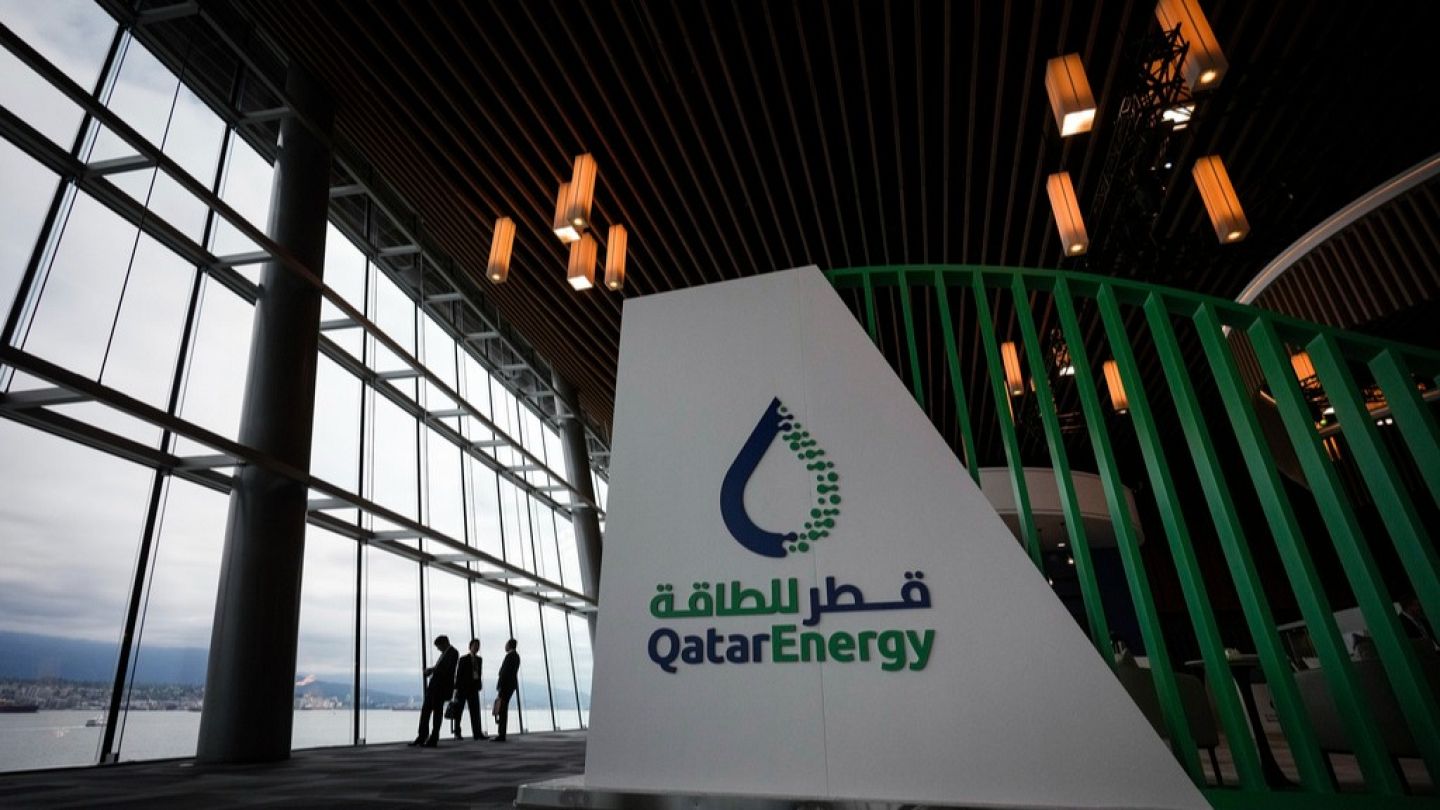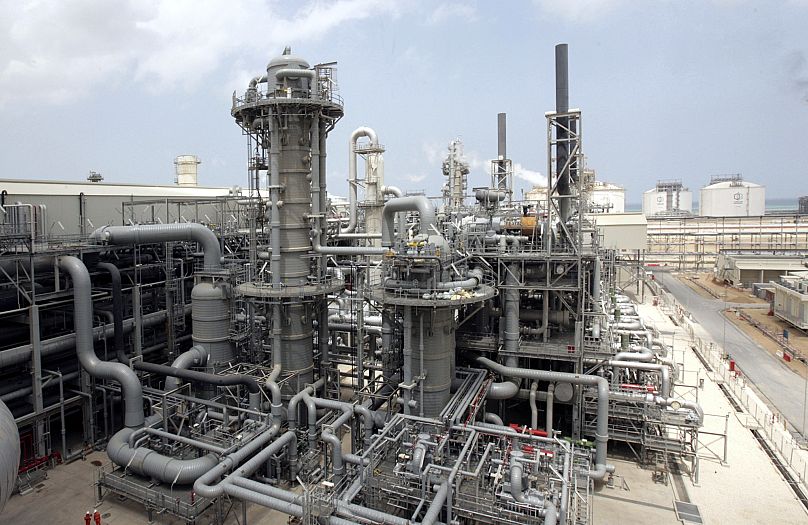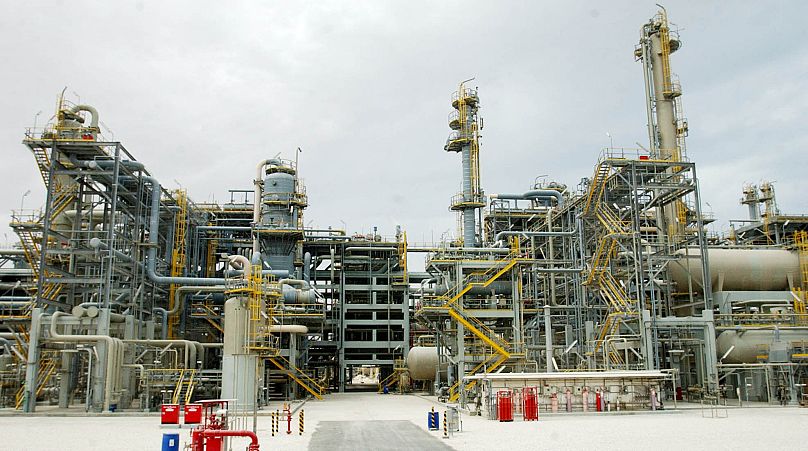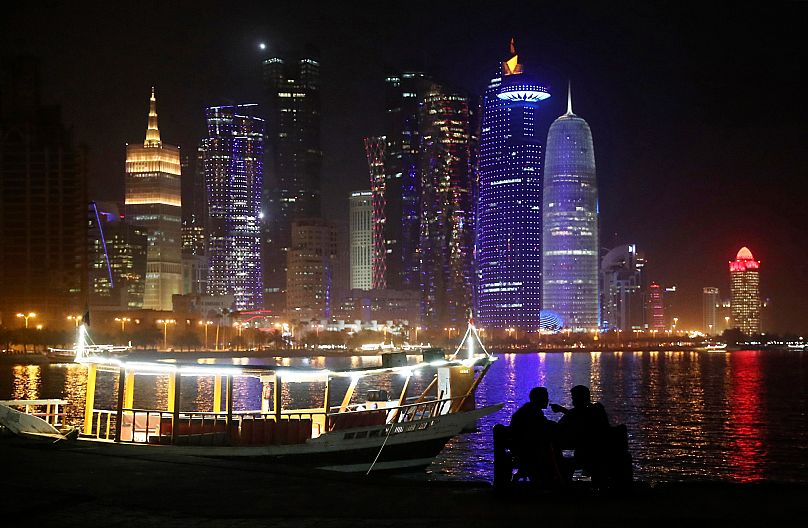
Energy security and regulatory risk were front and centre as the 27th Ministerial Meeting of the Gas Exporting Countries Forum (GECF) convened this week in Doha, bringing together ministers, officials and experts from the world’s leading gas-producing nations.
With its headquarters based in Qatar, the GECF — often described as OPEC for natural gas — plays a central role in shaping global gas policy. This year’s meeting focused on energy transition, emerging technologies and strengthening co-operation amid geopolitical uncertainty.
The opening session was addressed by Qatar’s Minister of State for Energy Affairs, Saad Sherida Al-Kaabi and GECF Secretary-General Mohamed Hamel, who underlined the forum’s mission to ensure that natural gas remains a key component of the global energy mix.
Highlighting the central role of natural gas in global energy security, Hamel emphasised its multifaceted benefits, “Natural gas stands as a beacon of stability, a clean, reliable, affordable and flexible energy source that fuels sustainable development, enhances energy security, provides clean cooking solutions and contributes directly to food security through fertiliser production.”
The three-day gathering brought together official delegations, senior officials, researchers and energy experts, reflecting the forum’s growing importance as a platform for dialogue on the future of natural gas and global energy security.

Qatar and US raise concerns
On the sidelines of the GECF meeting, Qatar and the United States issued a joint open letter to the Heads of State of European Union member countries, expressing “deep concern” over the Corporate Sustainability Due Diligence Directive (CSDDD), a new EU law designed to enforce environmental and human-rights standards across global supply chains.
The letter, co-signed by Minister Al-Kaabi and US Secretary of Energy Chris Wright, warned that the directive, “as worded today,” poses “a significant risk to the affordability and reliability of critical energy supplies for households and businesses across Europe, and an existential threat to the future growth, competitiveness and resilience of the EU’s industrial economy.”
The two leaders argue that the directive’s extraterritorial scope and liability provisions could discourage international energy companies from investing in or supplying the European market.
“It is our genuine belief, as allies and friends of the EU, that the CSDDD will cause considerable harm to the EU and its citizens, as it will lead to higher energy and other commodity prices and have a chilling effect on investment and trade,” the letter stated.
They called on the EU to either repeal the CSDDD entirely or remove its most economically damaging provisions, specifically citing articles on extraterritorial application, transition plans, penalties and civil liability.

Energy security and Europe’s future
The timing of the letter is significant. Qatar, one of the world’s largest liquefied natural gas (LNG) exporters, has become a cornerstone of Europe’s supply diversification since the continent moved to reduce its dependence on Russian gas. The United States — now the world’s top LNG producer — has also dramatically expanded exports to Europe since 2022.
Both nations warn that unless the EU reconsiders its approach, the directive could jeopardise reliable energy flows, threaten investment and undermine affordability. The letter also highlighted that several European companies and industry associations share these concerns, with dozens of CEOs recently calling for the CSDDD’s repeal.
The final day of the GECF ministerial meeting coincided with the EU’s adoption of its 19th sanctions package against Russia, which includes a phased ban on Russian liquefied natural gas (LNG) imports.
Short-term contracts are set to end within six months, while long-term agreements will expire by January 1, 2027 — a year earlier than previously planned. The move underscores Europe’s determination to reduce reliance on Russian energy, adding another layer of complexity to global LNG markets at a time when Qatar and the United States are working to ensure stable, affordable energy supplies for Europe.

Co-operation amid transition
Within the GECF sessions, member states reaffirmed their commitment to co-operation, stability and innovation across global gas markets. Discussions explored how to balance sustainability goals with the realities of demand growth in emerging economies and in new sectors such as artificial intelligence and data centres, both driving fresh energy needs.
The GECF’s member countries are Algeria, Bolivia, Egypt, Equatorial Guinea, Iran, Libya, Nigeria, Qatar, Russia, Trinidad and Tobago, the United Arab Emirates and Venezuela. Observer members include Iraq, Malaysia, Mauritania, Mozambique, Norway, Peru, Senegal and Azerbaijan, together representing the majority of the world’s proven natural gas reserves.
For Qatar, which hosts the forum’s headquarters, the Doha meeting and the joint US–Qatar letter underscored the country’s dual message: that natural gas remains indispensable to the world’s transition and that energy policy must be grounded in pragmatic dialogue.
As global LNG demand continues to rise, the shaping of future energy security will rely not just on production, but increasingly on diplomacy and international cooperation.